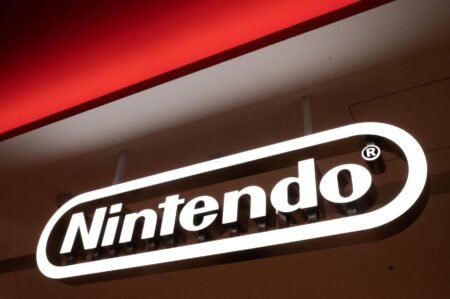The Javier Milei Presidency in Argentina has faced challenges and triumphs as it seeks to implement an ambitious structural reform package aimed at dismantling the state. Despite facing a tough legislative process, Milei managed to secure approval for his ‘Ley de Bases’ bill, which includes some 300 articles and marks a significant accomplishment for the ultra-libertarian leader. His ability to navigate Congress and secure support for his reforms sets him apart from his predecessors, highlighting Milei’s resilience and impact on the country’s political landscape.
Milei’s administration has been able to build circumstantial majorities in Congress by absorbing various political parties and factions, such as the PRO party and the Unión Cívica Radical (UCR), under the umbrella of La Libertad Avanza. The disintegration of Juntos por el Cambio has allowed Milei to consolidate power and influence within the political system, positioning himself as a central figure in the new political order. However, there are internal tensions within opposition parties, especially within the Justicialist Party, which may challenge Milei’s agenda in the future.
Despite facing resistance from Peronist legislators, Milei has managed to push through key reforms and legislation, showcasing his ability to influence and shape the political landscape. The fractures within the opposition and the absence of a clear leader have allowed Milei to dominate the political scene and establish himself as a key player in Argentine politics. However, questions remain about the sustainability of Milei’s macroeconomic plan and whether he can deliver on his promises of a “V-shape” recovery.
Milei’s international travels and alliances have bolstered his reputation globally, positioning him as a leader of the New Right and building momentum for his anti-left, anti-woke agenda. Despite facing criticism and challenges, Milei’s popularity and recognition abroad have remained strong, allowing him to engage in conflicts with adversaries in various countries. However, the recent street protests and escalating tensions in Argentina point to a growing sense of unrest and dissatisfaction with the current economic situation and political climate.
The government continues to face economic challenges and extreme polarization, with the digital ecosystem amplifying verbal violence and political tensions. The future of the Milei Presidency remains uncertain, with the success of his reform agenda and the potential for economic recovery hanging in the balance. As Argentina navigates through these turbulent times, the impact of Milei’s policies and leadership will be closely watched and debated within the country and beyond.











